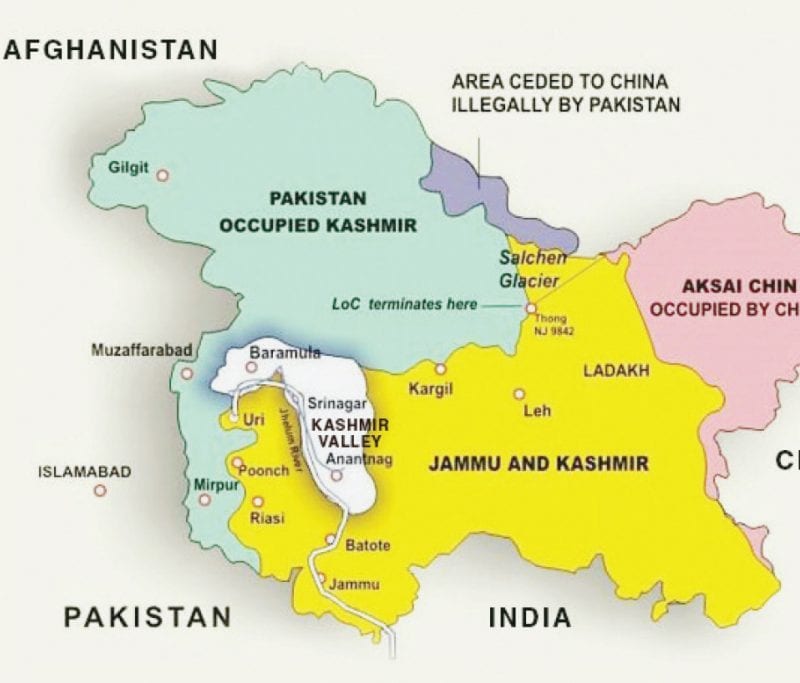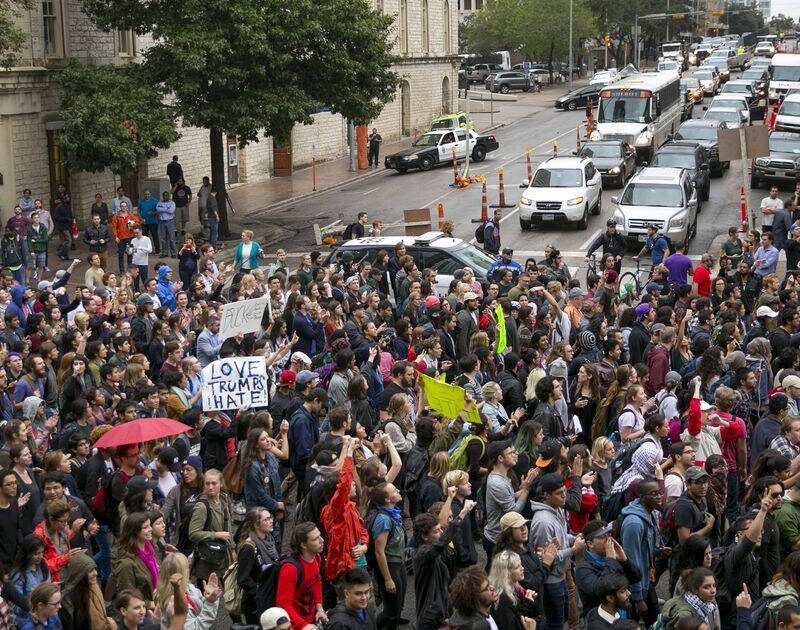
The violent legacy of the 1947 and 1971 partitions, ongoing violence and religious persecution in Pakistan and Bangladesh, and now the Taliban take over in Afghanistan, have created an unbearably hostile environment for minorities in the region. The solutions provided by the international community have largely been limited and ineffective.
74 Years After Partition, Targeted Violence Against Minorities is a Daily Reality Today
This past weekend marked the partition of Pakistan and India in 1947. The violence of Partition affected over 18 million, with over 15 million displaced and up to three million killed in mob violence. Much of the violence occured along religious community fault lines due to the Muslim League’s campaign for a separate country for Muslims. India was established as the default for all non-Muslim religious groups including Hindus, Sikhs, Jains, Buddhists, Parsis, and Christians.
In 1971, Bangladesh seceded from Pakistan, establishing two separate countries — Pakistan and Bangladesh. During the Bangladesh Liberation War in 1971 and concurrent Bengali Hindu Genocide, approximately 3 million were killed, 200-400,000 women were raped, and over 10 million were displaced — a majority of whom were Hindu.
But the violence did not end in 1971.
In Pakistan and Bangladesh, the legacy of Partition and 1971 continues to haunt religious minorities today as they face systemic, physical violence targeting their homes, places of worship, and businesses.
In the past two weeks alone, we’ve seen disturbing examples of targeted violence against Hindus in Pakistan and Bangladesh.
On Wednesday August 4th, a mob of hundreds of people attacked the Sidhi Vinayak (Ganesh) temple in Bhog City in Punjab province, Pakistan. In addition to destroying, desecrating, and setting the temple on fire, neighboring Hindu homes were also attacked. All of this came in response to a lower court granting bail to a 8-year-old Hindu boy who allegedly committed blasphemy. Also in the past few weeks, a Hindu girl was abducted from her home and her parents were beaten as they tried to protect her.
Similarly, on Saturday August 7th, approximately four Hindu temples, six shops, at least two homes, and one crematorium were looted, vandalized, and dismantled in a planned mob attack in Khulna District in Bangladesh. This show of force came in response to women singing kirtan (devotional songs) on their way to a Hindu temple. It is estimated that ten murtis (sacred images of the Divine) were desecrated. According to media reports, the planned mob violence was coordinated across neighboring districts.
These incidents are only a sample of the dehumanizing violence minority communities in these countries have faced in the past few weeks, not to mention the rampant sexual violence and abductions of over 1,000 Hindu, Sikh, and Christian girls that occur with impunity every year. This pervasive violence and violations of basic human rights have plagued Hindus and other minorities for the past several decades.
Withdrawal of US from Afghanistan Furthers Instability
The instability and widespread religious persecution in South Asia is compounded by the collapse of the Afghanistan government. The Taliban has now established control in Kabul, and its treatment of women and religious minorities is devastating to say the least. Under Taliban rule, women have no rights as adults and are unable to even walk outside of their homes without a male guardian. Hindus and Sikhs were a historically vibrant community in Afghanistan whose numbers had already dwindled down to an estimated 400 at the end of 2020 from over 700,000 in the 1970s.
With the US withdrawal and the Taliban’s takeover of Afghanistan, religious minorities are in an increasingly precarious position in Afghanistan as well as neighboring Pakistan where the Taliban takes refuge and enjoys official patronage.
Hindus and Sikhs in Afghanistan have requested help from the international community to evacuate them from Afghanistan. Canada has agreed to harbor 20,000 refugees, including those from religious minority communities. And yesterday, India’s Ministry of Foreign Affairs Minister said they would support the repatriation of Hindus and Sikhs.
The US on the other hand has remained silent on accepting religious minorities from Afghanistan, despite urgent requests to do so.
But these and other actions may be too little, too late, as many Afghans struggle to get out of the country.
An Attempt to Support These Persecuted Minorities
Refugees from minority religious communities in Afghanistan, Pakistan, and Bangladesh have nowhere to go. There is no country in the subcontinent that can provide them safe refuge, except one: India.
India’s Citizenship Amendment Act (CAA) attempts to provide this refuge by giving amnesty to refugees who arrived before 2015 in its borders.
In December 2019, the Indian Parliament overwhelmingly passed the CAA to provide long-overdue humanitarian relief to vulnerable refugee communities who fled religious persecution in Bangladesh, Afghanistan, and Pakistan.
This act provides a fast track to citizenship for refugees who were already in India prior to 2015, but has been perceived as a bigoted act to disenfranchise Muslims who are already citizens in India. Moreover, this was perceived as a slight towards Muslim immigrants from these Muslim-majority countries currently living in India. And although Islamism hurts Muslims as much as those from religious minority communities, the situation in each of these countries is categorically untenable for Christians, Sikhs, Buddhists, and Hindus. India attempted to support the refugees from these countries that were already living within its borders.
Implementation of the CAA is apparently slated to start after the COVID pandemic is over, but the government of India has requested a third extension from parliament for creating the rules of the CAA. In addition to the ongoing pandemic, continued criticism and lack of support from the international community is also preventing the government of India from implementing this amnesty provision that will support its religiously persecuted refugees.
An act of a democratic country that provides amnesty to refugees should not be perceived as bigoted or violent. If the international community had supported India in its attempts to provide refuge for persecuted minorities in the Indian subcontinent, the Citizenship Amendment Act would have already been put into play. In fact, if anything, given the current conditions for religious minorities in Afghanistan, Pakistan, and Bangladesh, the CAA needs to be expanded to help provide a pathway to citizenship to those who have continued to flee persecution after 2015.
What we can all do now is lend our encouragement to the only country in South Asia providing refugee support for those from Hindu, Christian, Sikh, Buddhist, and other minority religious communities.







































